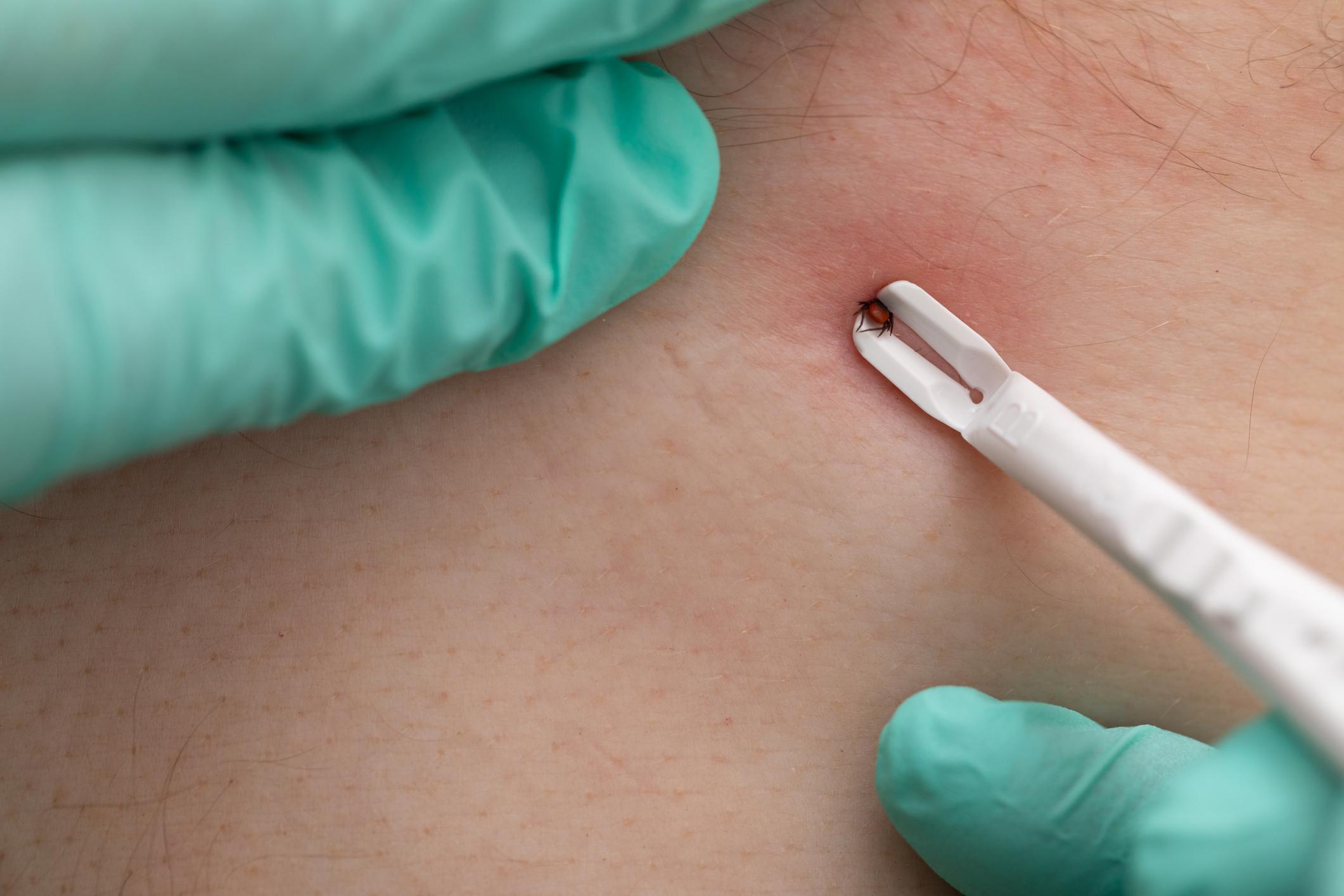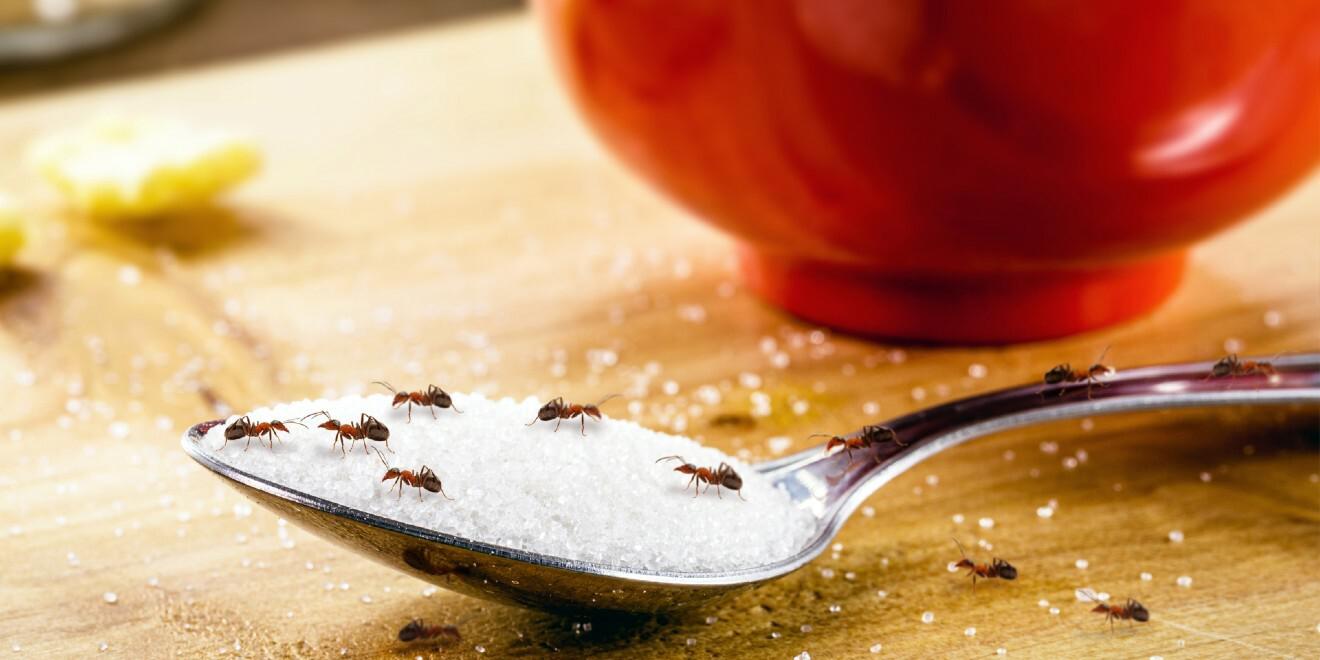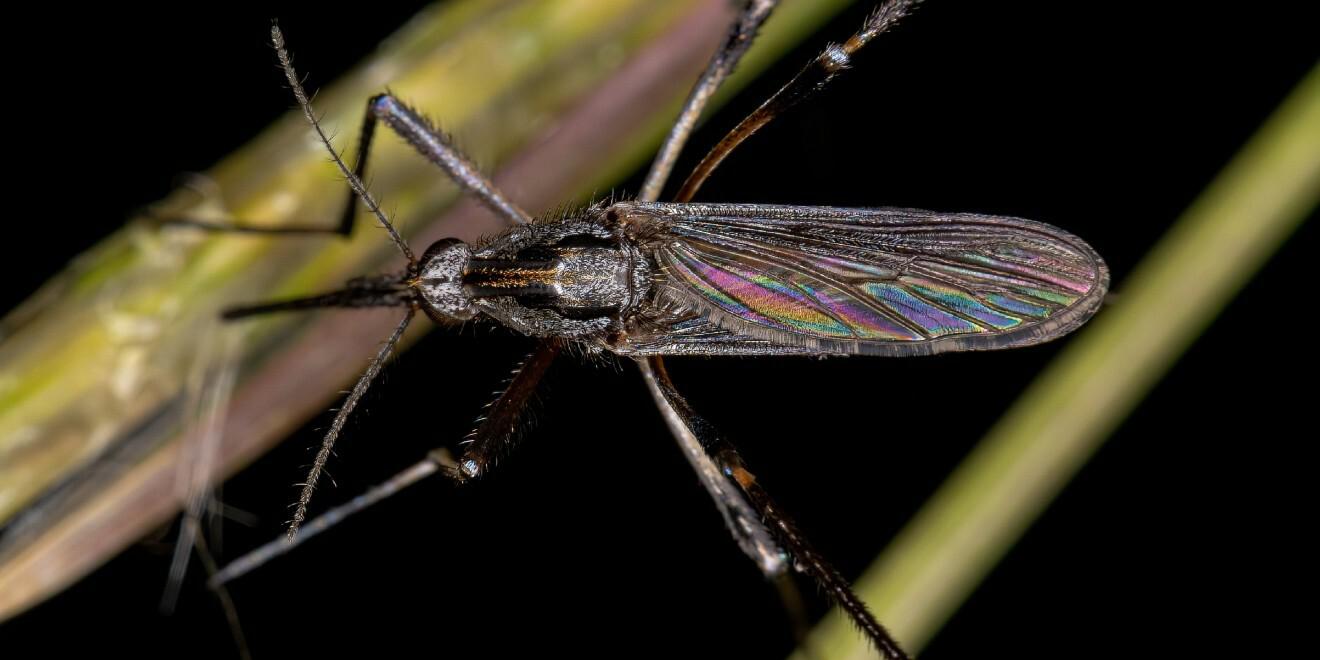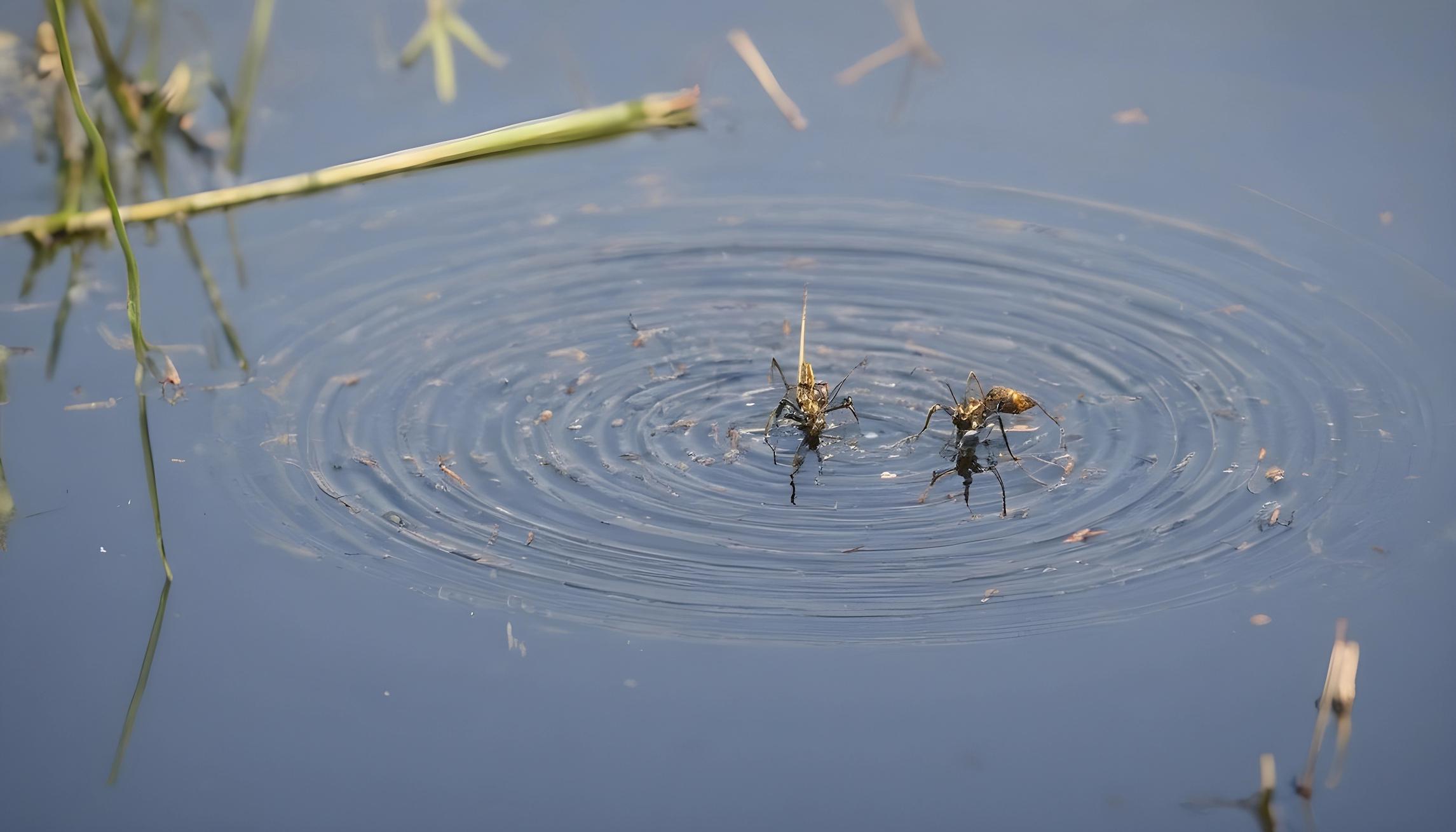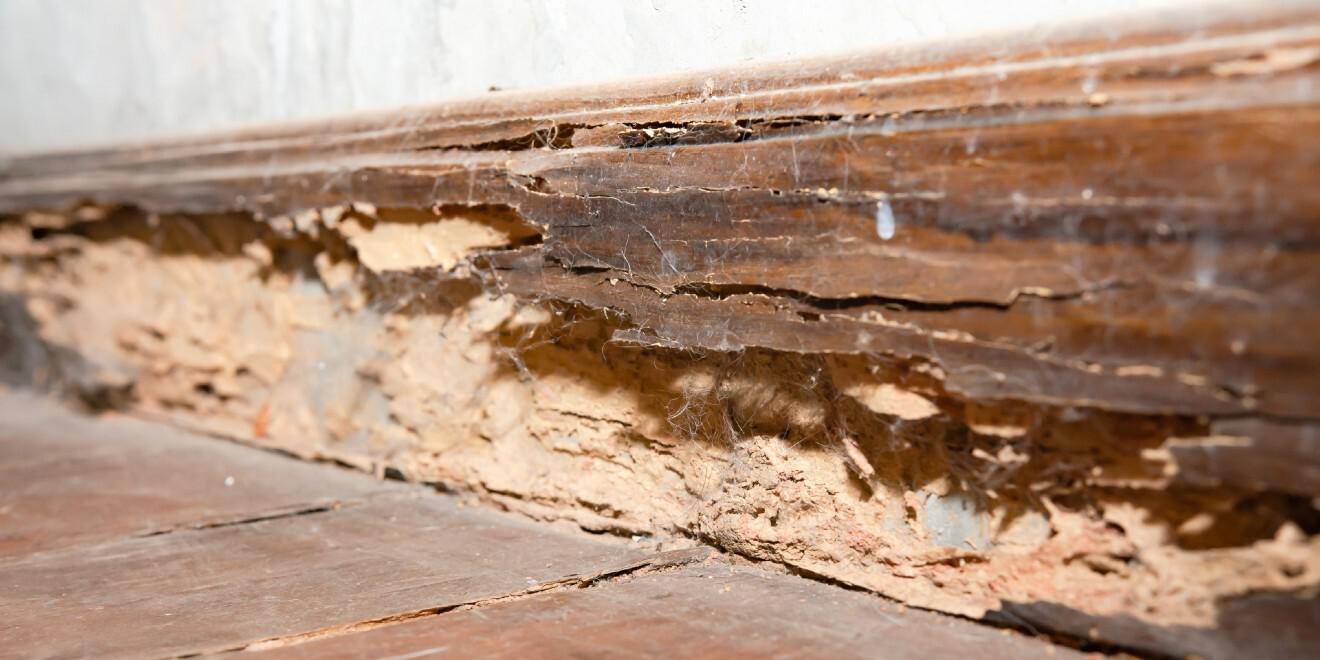4 Reasons to Enlist Professional Flea Control in Nashville
Posted by Mosquito Squad
December 20, 2023

Fleas are not just nasty blood-sucking parasites that infest homes and nuisance bite.
Flea bites can be dangerous for pets, as most of us surely understand. They can cause anemia in dogs and cats if they become infested, but there are also serious illnesses that fleas can inflict on you and your human family members. Read on to find out why we recommend professional flea control in Nashville.
4 Flea Diseases That Warrant Flea Control in Nashville
Now that Spring is right around the corner, it’s time to watch for signs of fleas and flea bites which is why flea control Nashville is critical – especially this time of year. Be on the watch with your pets, as they can unknowingly bring them into your home.
The first signs of a flea infestation are when you notice your pets scratching, biting, or licking themselves excessively. Symptoms of flea bites on members of your family include red spots on your skin with a halo, itching, hives, a small cluster of bumps, and swelling around the bite. But that’s not the worst of it.
Here are the top 4 to be sure to watch for.
1) Murine Typhus: Should you contact this flea transmitted disease; you will need antibiotics to get rid of it. To make sure it doesn’t impact your family again, flea control Nashville is highly recommended. Here’s the origin of the problem. If a flea bites an animal that has the Rickettsia typhi bacteria, it may spread it to you, causing murine typhus or flea-borne typhus. Luckily, this type of disease is less common in the US because it thrives in more tropical climates. If you do develop this disease, however, expect a fever, chills, body aches, nausea, vomiting, and a rash.
2) Tapeworms: Humans can become infected with tapeworms if they consume an affected flea, and the more fleas you have in your home, the more likely it is that one may jump into your mouth, food or drink. As gross as it sounds, if you notice something unusual in your stool, it could be a tapeworm. They live in the intestines and feed off the nutrients you eat. Symptoms can include nausea, weakness, diarrhea and fatigue. You may see eggs or worm pieces in your poop. Intestinal tapeworms usually cause mild gastrointestinal symptoms. They may include hunger, loss of appetite, nausea, fatigue, stomach cramps, and diarrhea. Should you suspect that you have a tapeworm infection, see your healthcare provider. They will typically request that you bring a sample of your stool to the office and may have you take a blood test.
3) Tungiasis: Transmitted by Tunga fleas, they usually target humans on the lower parts of their body as they can’t jump. These fleas are a little different than most fleas in Nashville because they don't just bite, feed, and leave. They bite to open the skin, and then they burrow into the skin to feed directly from blood vessels. If you do get infected with a Tunga flea, it will create a lesion 4 to 10 mm in diameter, which can be painful and itchy. Treatment starts by removing the flea, suffocating the flea, or killing it with anti-parasitic medications.
4) Bubonic Plague: As hard as it may be to believe, the Bubonic plague, which caused the Black Death that killed many humans, is still alive and well. However, thanks to more information and current treatments, it's no longer a common problem or death sentence. This disease, too, is caused by bites from infected fleas, and first presents with swollen, painful lymph nodes in the neck, arm, and groin. If left untreated, the disease can spread to the bloodstream, causing septicemic plague, which may result in bleeding under the skin, blackened skin, and vomiting. If the disease spreads to the lungs, it can cause pneumonic plague, which causes cough (with or without blood), difficulty breathing, and nausea. Again, treatment involves antibiotics and can take one to two weeks.
Not every flea bite results in the spread of disease, but the more fleas you have in your home, the higher the chances are that you, your child, or your pets will get sick. With regularly scheduled flea control Nashville, your chances of being impacted by flea bites and illnesses they can bring, are greatly reduced.
Don’t fall victim to flea borne illnesses. Trust the experts at Mosquito Squad for flea control in Nashville. Contact us at (615) 492-3662.










